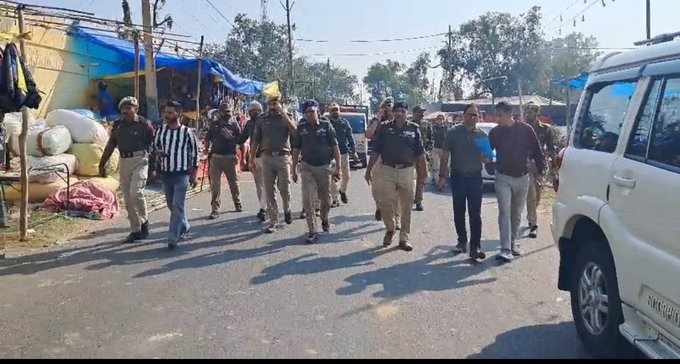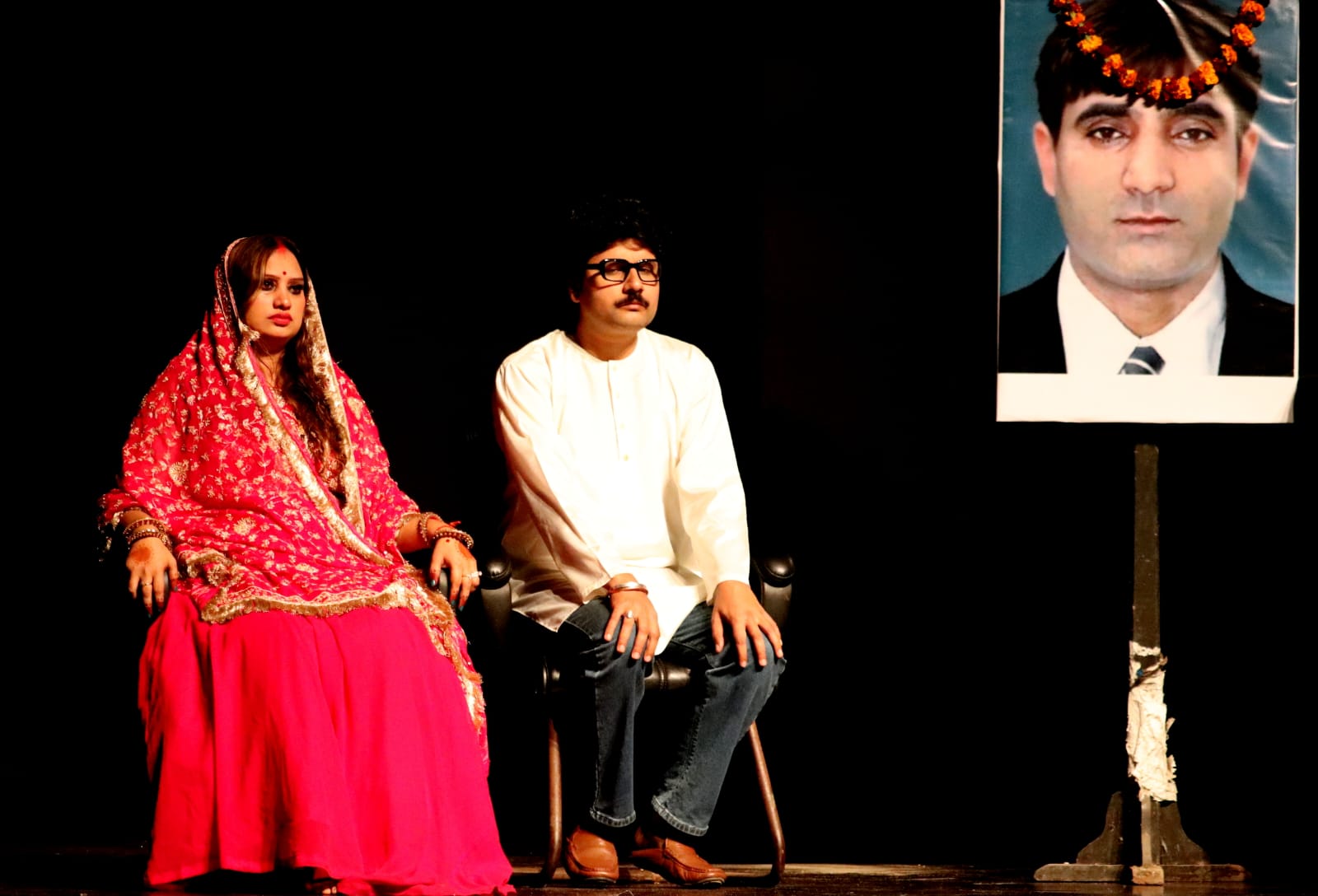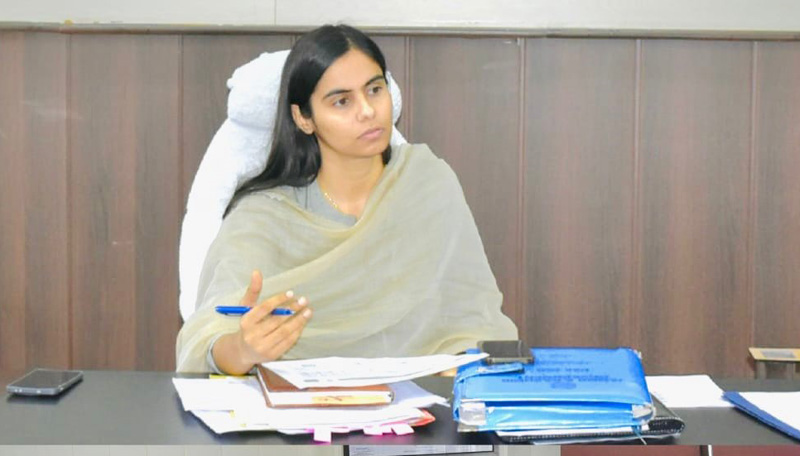Jammu: With the 10-day Jhiri Mela set to commence on November 4, Jammu Police on Saturday reviewed the overall security preparedness for the upcoming festival, emphasizing meticulous planning and coordinated execution to ensure a safe and smooth event.
The Jhiri Mela, celebrated annually on Kartik Purnima, honours the 16th-century farmer saint Baba Jitto, who sacrificed his life in the fight against injustice and feudal exploitation. Thousands of devotees, particularly farmers from Jammu and neighbouring states, throng the Baba Jitto temple at Jhiri village—about 20 km from Jammu on the Jammu-Akhnoor national highway—to seek blessings of the saint and his daughter Bua Kouri, who, as legend holds, immolated herself on her father’s funeral pyre.
The Department of Agriculture Production and Farmers Welfare has begun preparations for the mela, scheduled to run from November 4 to 13, which will also serve as a platform to enhance farmers’ exposure to modern technologies and government welfare schemes, officials said.
Deputy Inspector General of Police (Jammu-Samba-Kathua Range), Shiv Kumar Sharma, chaired a meeting to review the security arrangements for the event. He stressed the need for coordination among all stakeholders and underscored the importance of comprehensive security planning to deal with any potential threats or challenges, a police spokesperson said.
The review meeting covered strategies for crowd management, traffic regulation, parking facilities, medical aid, and disaster response to ensure pilgrims’ safety and comfort throughout the mela.
Later, DIG Sharma visited old Kahnachack, where he interacted with Border Security Force (BSF) personnel who briefed him on enhanced patrolling and alertness along the International Border. He also held discussions with BSF officials on security issues and issued necessary directions to officers and jawans.
Meanwhile, DIG (Traffic) Mohammed Haseeb Mughal held a separate review of traffic management plans for the mela. He directed officers to ensure smooth vehicular movement, adequate parking spaces, and clearly marked entry and exit points to prevent congestion, especially during peak hours.
Mughal also instructed officials to focus on anti-sabotage checks, CCTV surveillance, and night patrolling to strengthen the overall security grid and ensure the safety of devotees, a traffic police official said.













